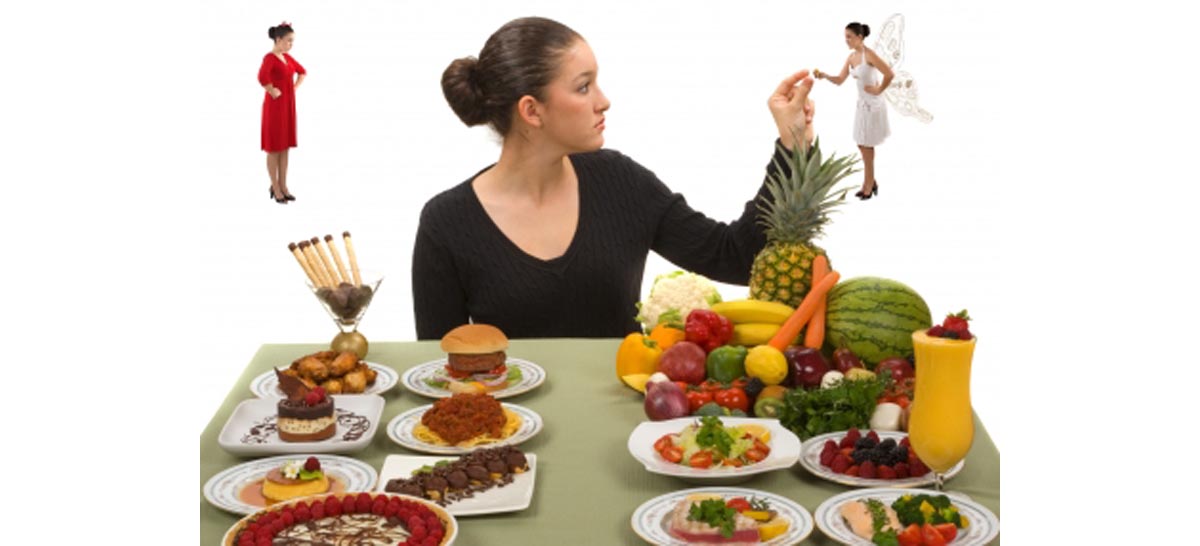Table of Contents
Peppers are not the only food with a paradoxical power to relieve heartburn. Bitter foods are also helpful in treating the condition, especially when fatty foods make acid reflux worse. The way bitter foods help control the regurgitation of stomach acid is by helping the stomach make more stomach acid.

When there is more acid in the stomach, food is digested more quickly. When food is digested more quickly, there is less time for it to "repeat" and send stomach acid into the throat. Salads with endive or radicchio, or a cocktail hour drink of tonic water, quinine water, or Angostura bitters all help increase acid production and decrease acid reflux.
Medical researchers have found that, on average, the stomach of someone who suffers acid reflux produces about 20 percent less acid than then stomach of someone who does not have the condition. When it comes to stopping acid reflux, it is not necessary to stop acid production with Nexium or Prilosec. It's better to increase acid production with simple food cures like salad and tonic water.
Are there any foods that increase acid reflux? The real problem isn't what you eat, it's how much you eat. Eating less usually relieves symptoms.
- High-calorie meals increase the severity of acid reflux.
- High-fat meals increase the frequency of acid reflux attacks.
- Acid reflux after you eat is caused by the pressure of liquids in the stomach. If you simply eat less, there is less pressure on the stomach to send stomach acid upward.
- Acid reflux when you are fasting is caused by the pressure of gases in the stomach. If you avoid carbonated beverages, there is less pressure on the stomach to send stomach acid upward. Sugar-sweetened soft drinks, diet soft drinks, and seltzer water all have the same effect.
And what about chocolate, coffee, alcohol, and tobacco?
All of these substances contain chemicals that reduce the "grip" of the lower esophageal sphincter keeping the valve to the stomach shut while food is being digested. However, a weaker esophageal sphincter is less of a problem when there is less pressure on the other side of it. If you consume these substances, at least eat smaller meals and avoid carbonated beverages.
Orange and grapefruit juice aggravate acid reflux only in susceptible individuals. Some people who have acid reflux cannot drink citrus juices at all, while others can drink all they want with no problem. The acidity of fruit juice is always much less than the acidity of stomach acid, and a more or less "acid" juice has no effect on the stomach. The problem chemical is in the pulp or the peel that gets mixed into the juice.
Posture also makes a difference. Sitting up straight while eating and after meals keeps digested food and digestive juices in the stomach. If you must take an after-meal nap, try to wait at least 90 minutes, to give your digestive tract time to send your meal out of the stomach and into the small intestines.
- Fox M, Barr C, Nolan S, Lomer M, Anggiansah A, Wong T. The effects of dietary fat and calorie density on esophageal acid exposure and reflux symptoms. Clin Gastroenterol Hepatol. 2007 Apr,5(4):439-44. Epub 2007 Mar 23.
- Kidd M, Modlin IM, Gustafsson BI, Drozdov I, Hauso O, Pfragner R. Luminal regulation of normal and neoplastic human EC cell serotonin release is mediated by bile salts, amines, tastants, and olfactants. Am J Physiol Gastrointest Liver Physiol. 2008 Aug,295(2):G260-72. Epub 2008 Jun 12.
- Photo courtesy of Roland Tanglao by Flickr : www.flickr.com/photos/roland/8624196469/

